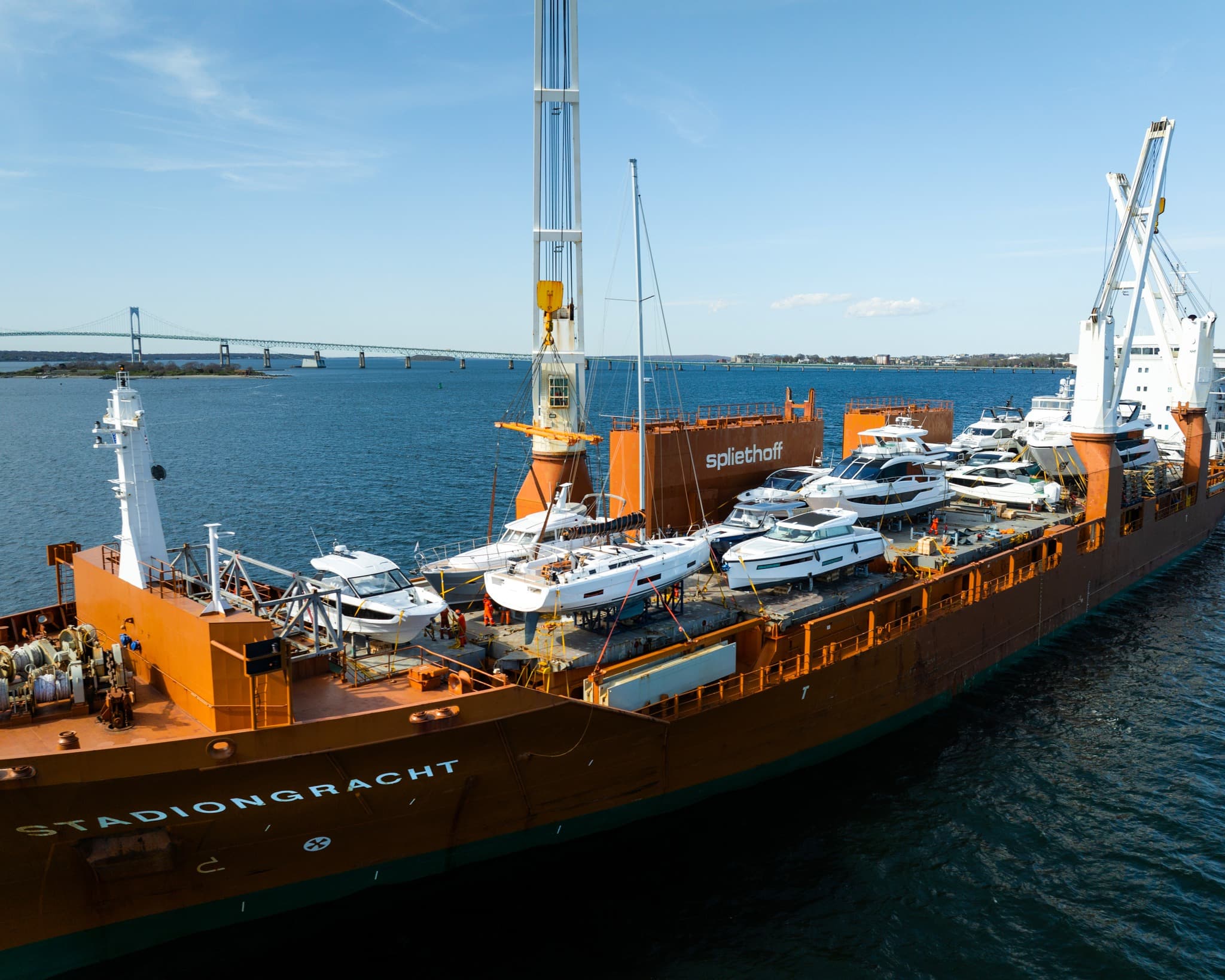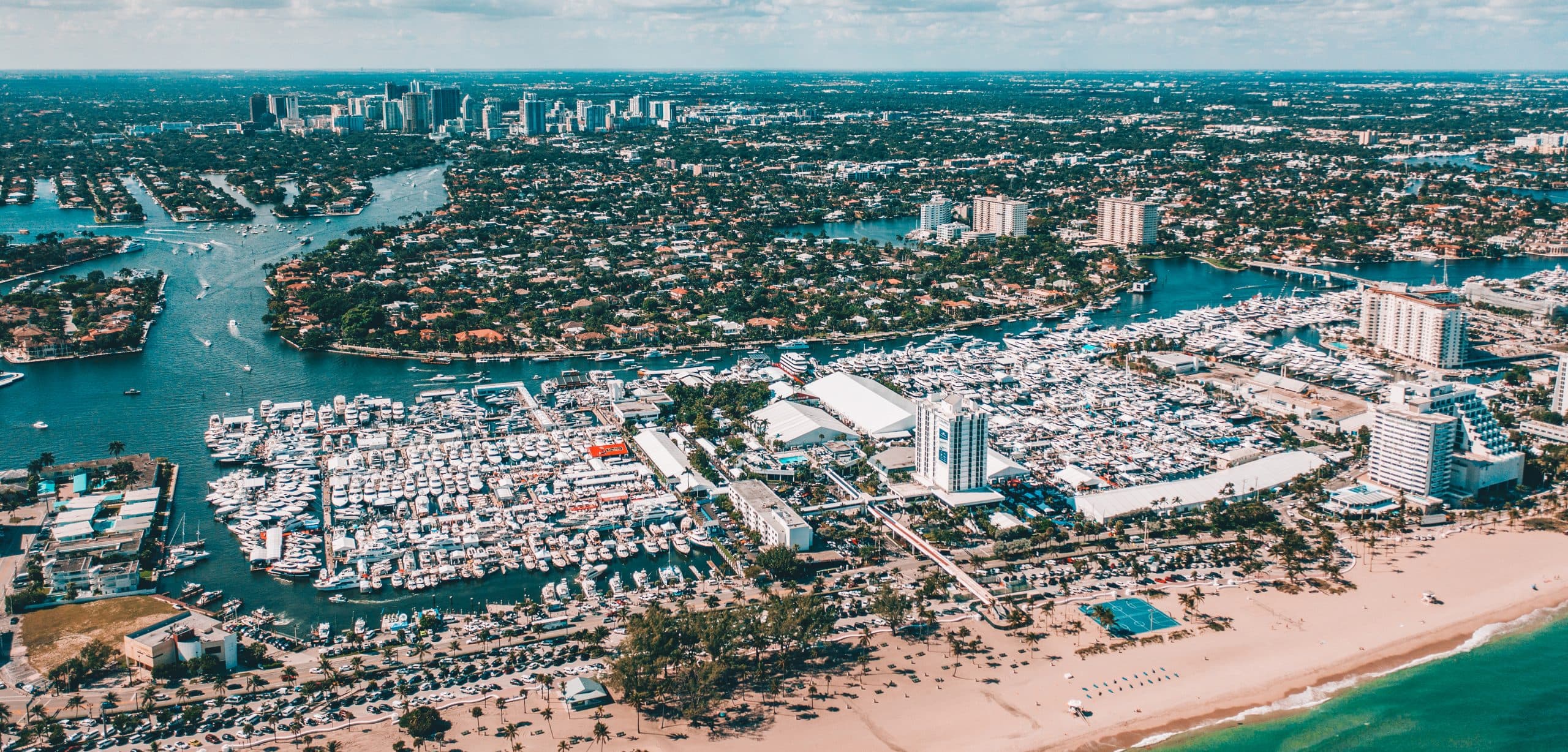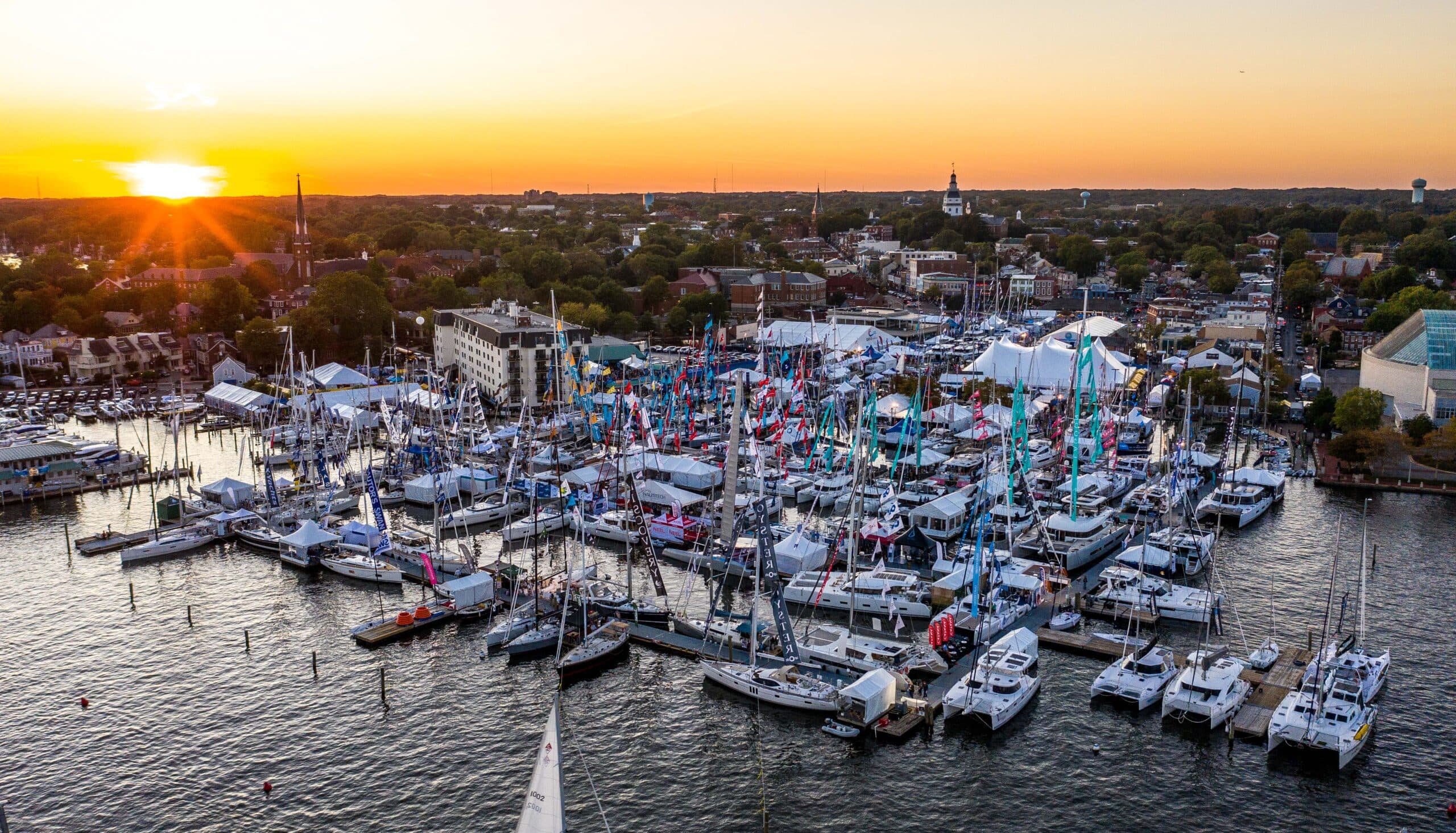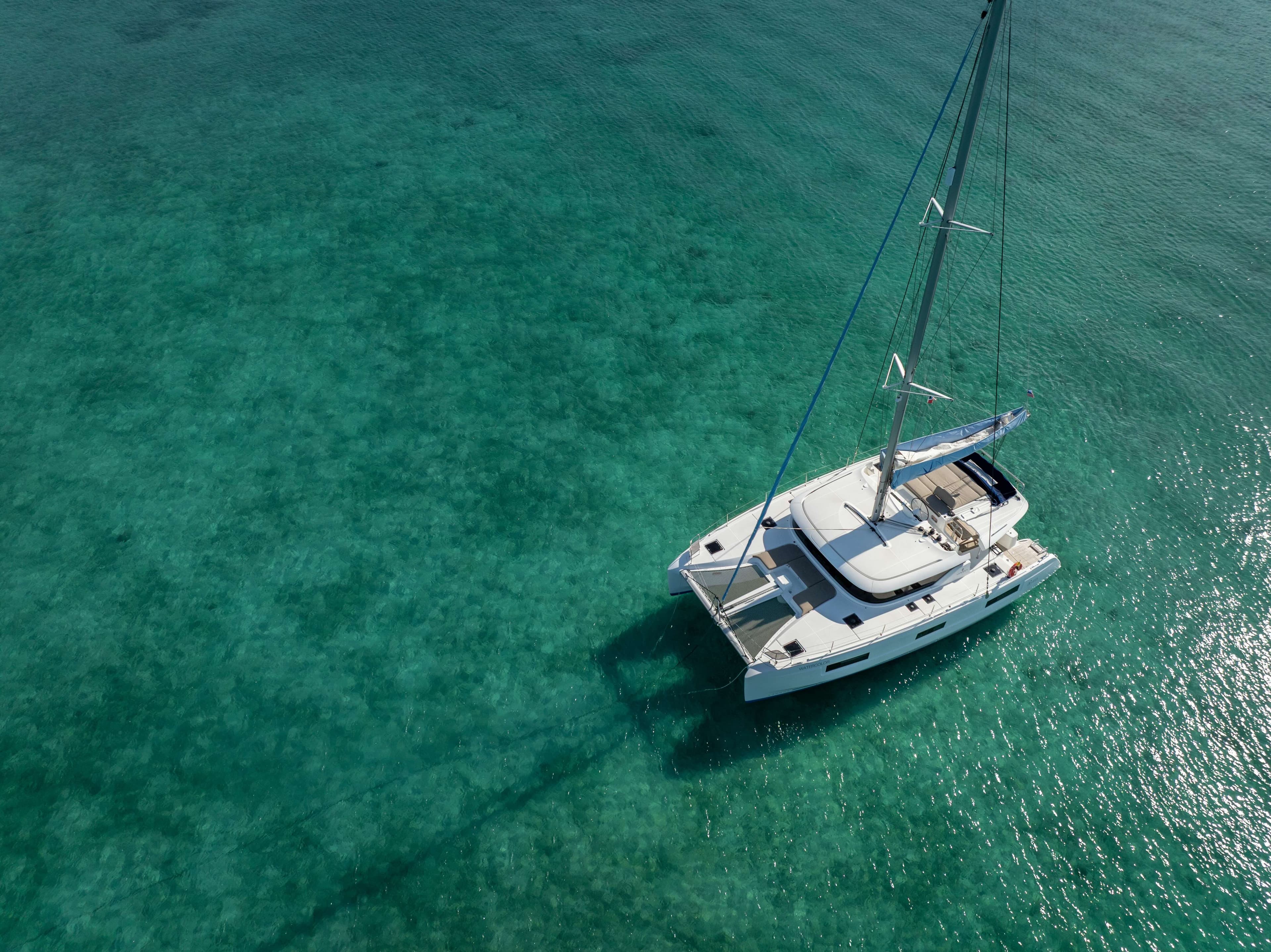
July 31, 2025
8 min read
By Amanda Haley
How Tariffs May Impact Your Next Boat Purchase
The marine industry is facing major changes as new tariff rules begin to impact boat ownership and imports.
A recent U.S.-EU trade agreement introduces a 15% tariff on imported recreational boats, posing serious challenges for both buyers and sellers. This shift is expected to durably affect purchasing decisions and reshape the market.
The New Tariff Reality
Under the new tariff rules, European-built boats registered in U.S. waters now face a minimum 15% duty – up sharply from the previous rate of just 1.5% for most recreational vessels. While the exact rate may vary, experts expect the 15% baseline to stay in place for the foreseeable future.
These tariffs apply only to boats imported to the U.S., whether new or preowned, adding extra challenges for buyers who may have to now consider foreign registration as an alternative.
Excluded Territories: A Strategic Advantage
Not all U.S. territories are affected by the new tariffs, though changes to the proposed trade rules may still come into play and it is strongly recommended you consult with an import broker who is uniquely qualified to guide you through these regulations. At the time of publication of this article, the U.S. Virgin Islands (USVI) stands out as a key exception, offering boat owners a way to avoid the higher duty rates. This opens the door for strategic decisions about where to keep and register their vessel.
Recreational boats built in the EU that remain in the USVI and don’t enter mainland U.S. waters may therefore bypass the tariffs completely. As a result, buyers are already reconsidering where they may purchase and dock their next boat throughout the Caribbean.
Case Study: Importing a catamaran from the BVI
Consider a practical example that illustrates these new complexities. The majority of production catamarans including the Lagoon brand are built in France. Therefore, a 2020 Lagoon 42 berthed in the British Virgin Islands represents the type of yacht that would suffer from the increased duty if brought into U.S. waters.
If an American buyer purchases this catamaran out of the BVI with the intention of registering the boat in Florida, they will face the full tariff burden. On a $400,000 catamaran, a 15% tariff translates into an added cost of $60,000 – a substantial sum that could easily jeopardize the entire purchase.
However, if the same buyer transfers the vessel from the BVI to the USVI (or a foreign port in the Caribbean) instead of mainland U.S. waters, they can avoid the tariff entirely. This creates a compelling incentive for buyers to reconsider their intended home ports and cruising plans.
The Documentation Factor
The importance of proper documentation has never been more critical. The Entry Summary document labelled “CBP Form 7501” serves as the official record for determining tariff compliance and duty payments. Providing this form to a buyer is the only proof that import duties have been properly paid.
In the brokerage market, duty-paid vessels, as evidenced with a completed CBP Form 7501, are now that much more attractive to buyers seeking to cruise U.S. waters but don’t want to carry the added burden of the new duty expense.
Market Dynamics and Value Retention
The new tariffs are like a double-edge sword to the yachting market with serious effects on boat prices and buying habits.
New boats built in the EU also carry the new 15% tariff. Faced with this increase in purchase price, more buyers are choosing used boats that don’t have the added cost.
As a result, used boats that were already imported and have proper duty paperwork are becoming more attractive and holding their value better. Under normal circumstances, boats depreciate faster in the first few years, but it’s now expected the tariff will slow that pace.
Preowned boats that are just a few years old with clean import records are now worth much more than anyone expected under the old tariff rules.
Strategic Considerations for Buyers
Prospective boat buyers must now factor tariff implications into every purchase decision. The typical comparison of new versus used has been fundamentally altered, with used boats offering not just lower base prices but also potential tariff avoidance.
Buyers should prioritize vessels with complete CBP Form 7501 documentation, as these represent clear title to tariff-paid status. Additionally, considering excluded territories like the USVI for basing operations can provide significant cost savings while maintaining access to excellent cruising grounds.
The timing of purchases has also become critical. Vessels currently outside U.S. waters but destined for US registration face the full tariff burden, while those already imported offer immediate value.
Industry Adaptation
The marine industry is rapidly adapting to these new realities. Brokers are emphasizing documentation status in listings, and marinas in excluded territories are seeing increased interest, while buyers are factoring tariff costs into their negotiation strategies.
Adding another layer of complexity and opportunity: new legislation for 2025 is bringing back 100% bonus depreciation further spurring interest in boat purchases and strategic placement choices. This tax incentive allows qualifying businesses to fully depreciate vessel purchases in the first year, creating powerful financial motivations for commercial operators and business owners.
These changes represent more than temporary market adjustments – they signal a fundamental shift in how Americans approach boat ownership and the international boating market. The new tariff reality, combined with evolving tax incentives, demands careful planning, strategic thinking, and thorough understanding of both the regulatory landscape and available financial benefits.
As these policies continue to evolve, staying informed about tariff developments, territorial exclusions, and documentation requirements will be essential for anyone considering a boat purchase in this new maritime environment. Professional yacht brokers from Current Yachts along with trusted import broker such as Michelle Terorotua from Compass Logistics Marine are here to guide your import decisions when it comes to purchasing a yacht in 2025 and beyond!
Other Related Posts

Open House in Fort Lauderdale
The team at Current Yachts is thrilled to be hosting a daily open house from 4 to 7PM during the Ft Lauderdale International Boat Show (as well as by appointment throughout the duration of the show), featuring two preowned catamarans, the Fountaine Pajot Saona 47 and the Lagoon 42. RSVP now!

Current Yachts Announces Treasure Hunt at Annapolis Sailboat Show
Over $12,000 in prizes and charitable donations to be claimed as part of Current Yachts’ grassroots campaign to unite the marine industry, the Annapolis community, and local nonprofits. The Treasure Hunt runs each day of the Annapolis Sailboat Show, October 9-12, 2025.

Current Yachts Launches Revolutionary Yacht Brokerage Platform, Disrupts Traditional Commission Model
Current Yachts announced its official launch with a mission to transform the yacht brokerage industry by eliminating excessive commissions and putting consumers first. The company's innovative model is a service-based, patent-pending approach, where traditional 8-10% commission structures are replaced with transparent, flat-rate pricing while maintaining the highest professional standards.
